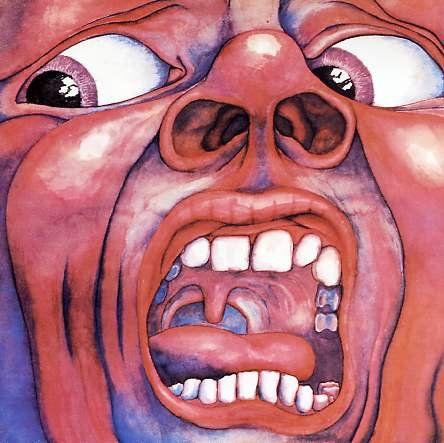Burlesque is a humorous theatrical entertainment involving parody and sometimes grotesque exaggeration. Prior to Burlesque becoming associated with striptease, it was a form of musical and theatrical parody in which an opera or piece of classical theatre is adapted in a broad, often risqué style very different from that for which it was originally known. The term burlesque may be traced to folk poetry and theatre and apparently derived from the late Latin burra ('trifle'). Some authors assert that the first instance of burlesque occurred in the Commedia dell'arte of 16th century Italy. However, the first wide spread use of the word was as a literary term in 17th century Italy and France where it referred to a grotesque imitation of the dignified or pathetic.
Beginning in the early 18th century the term burlesque was used throughout Europe as a title for musical works in which serious and comic elements were juxtaposed or combined to achieve a grotesque effect. In the 19th century and 20th century England the word became a term for a dramatic production which ridicules stage conventions. In 20th century America the word became associated with a variety show in which strip tease is the chief attraction. Although the striptease originated at the Moulin Rouge in 1890s Paris and subsequently became a part of some burlesque across Europe, only in American culture is the term burlesque closely associated with the striptease.
